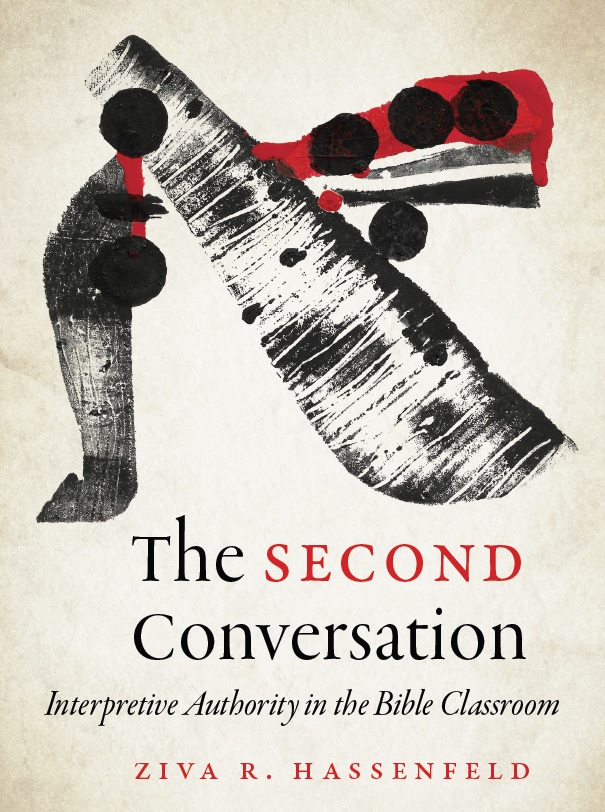Pursuing Fluency and Interpretation in the Tanakh Classroom
The Second Conversation: Interpretive Authority in the Bible Classroom by Ziva R. Hassenfeld. 2024, Brandeis University Press.

About the Book
Order The Second Conversation here.
About the Study
Dr. Ziva R. Hassenfeld’s research has clearly documented the differences between teacher-centered and student-centered discussions in the Tanakh classroom. This project unpacked the complexities of placing students’ voices in the center by exploring such questions as:
-
How can teachers make equal room for all students’ textual questions?
-
What should teachers do with “off the wall” comments?
-
How can teachers establish interpretive norms without silencing students?
-
How can teachers help students use textual evidence without being overly directive?
-
Can students develop a collective "point of doubt" in text discussion without teacher guidance?
-
How can teachers know when students are ready for text discussion, i.e., have reached a level of fluency and comprehension of the Hebrew biblical text?
While this work was informed by educational theories of Lev Vygotsky, Gordon Wells, Gunther Kress, Sophir Haroutunian-Gordon and Maren Aukerman, aspects of it are unique to Tanakh, such as the complexity of the Hebrew text, and how Hebrew language skills and religious identity shape students’ stances toward the Biblical texts.